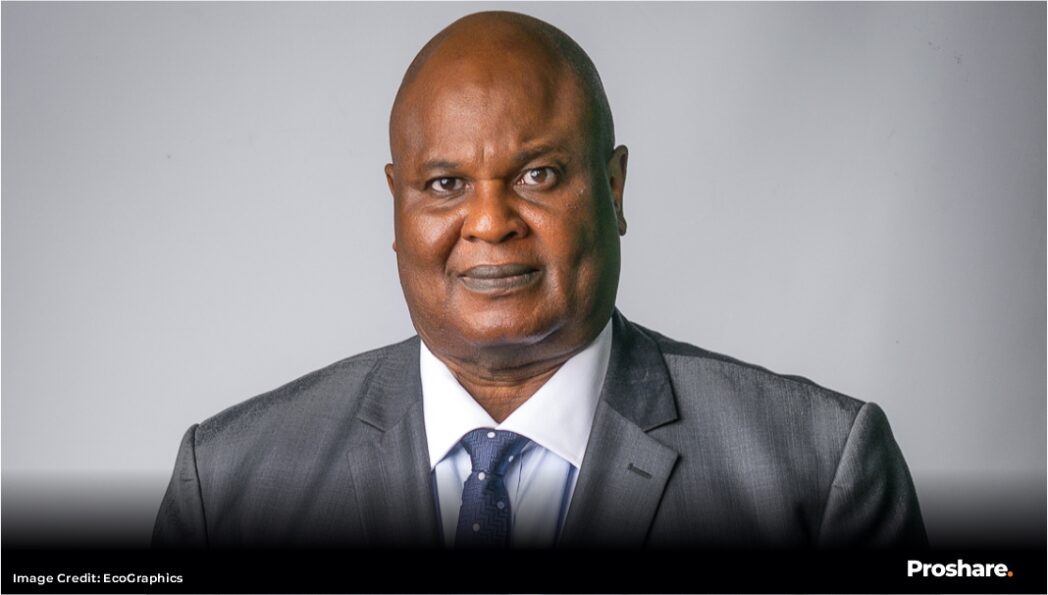
FG can slash inflation to 5% by 2025 with $50bn FDI — Economist
Renowned economist and CEO of Economic Associates (EA), Ayo Teriba, has said that Nigeria’s inflation rate can be driven down to 5% by 2025 if the Federal Government successfully attracts $50 billion in foreign direct investment (FDI).
Teriba made this known while speaking on Arise TV’s Good Morning Show.
He emphasised that such an inflow of investment would strengthen the naira, stabilize exchange rates, and positively influence the country’s macroeconomic indices, which currently exacerbate its inflation woes.
The economist argued that bold reforms aimed at attracting substantial FDI would be transformative.
“5% inflation is possible next year. Look at what happened in Argentina. Economists don’t prophesy but make conditional statements. If the president can complement the efforts on tax and finance reforms with an investment act to attract $50bn FDI within the next year, exchange rates will stabilize, and inflation will drop to single digits,” Teriba explained.
Teriba noted that the existing economic policies, particularly those focused on debt servicing, undermine the government’s ability to achieve this target.
He pointed out that borrowing to pay off previous debt is counterproductive and fails to address Nigeria’s underlying economic challenges.
“The interest rates offered to Nigeria by international creditors are among the highest globally, primarily due to the country’s poor credit rating. This makes borrowing inefficient and unsustainable as a long-term strategy,” he said.
Teriba criticised the government’s current borrowing practices, urging a shift toward equity-based financing over debt.
He noted that many countries with economies comparable to Nigeria’s borrow at significantly lower rates because they issue higher-grade debt instruments.
“They said they were not going to borrow, but they have continued to borrow. There are right and wrong ways of borrowing, and efficient and inefficient methods. The foremost issue is the quality of the debt instruments you issue. Some countries of similar economic size borrow more heavily than we do but at a third of our rates,” he said.
He further argued that Nigeria’s continuous reliance on debt to fund fiscal deficits is unsustainable.
“We should not continue to fund deficits year in, year out with debt. A country with a well-structured balance sheet would prioritize equity over debt.”
Teriba called for the government to implement a robust investment strategy that prioritises structural reforms and incentives to attract foreign capital. He warned that without such efforts, inflationary pressures would persist, undermining economic stability.
“If we remain on this trajectory of high-interest borrowing and poor credit management, we’ll miss the opportunity to stabilise our economy.
“However, if we adopt bold reforms and attract $50bn FDI, Nigeria can transition to an era of growth and stability,” he concluded.




